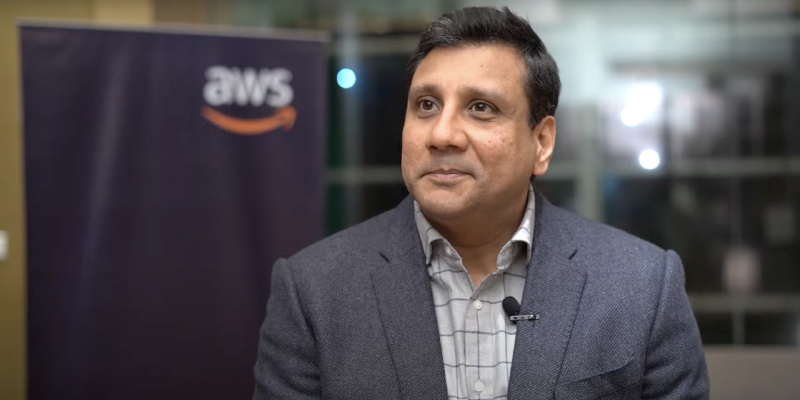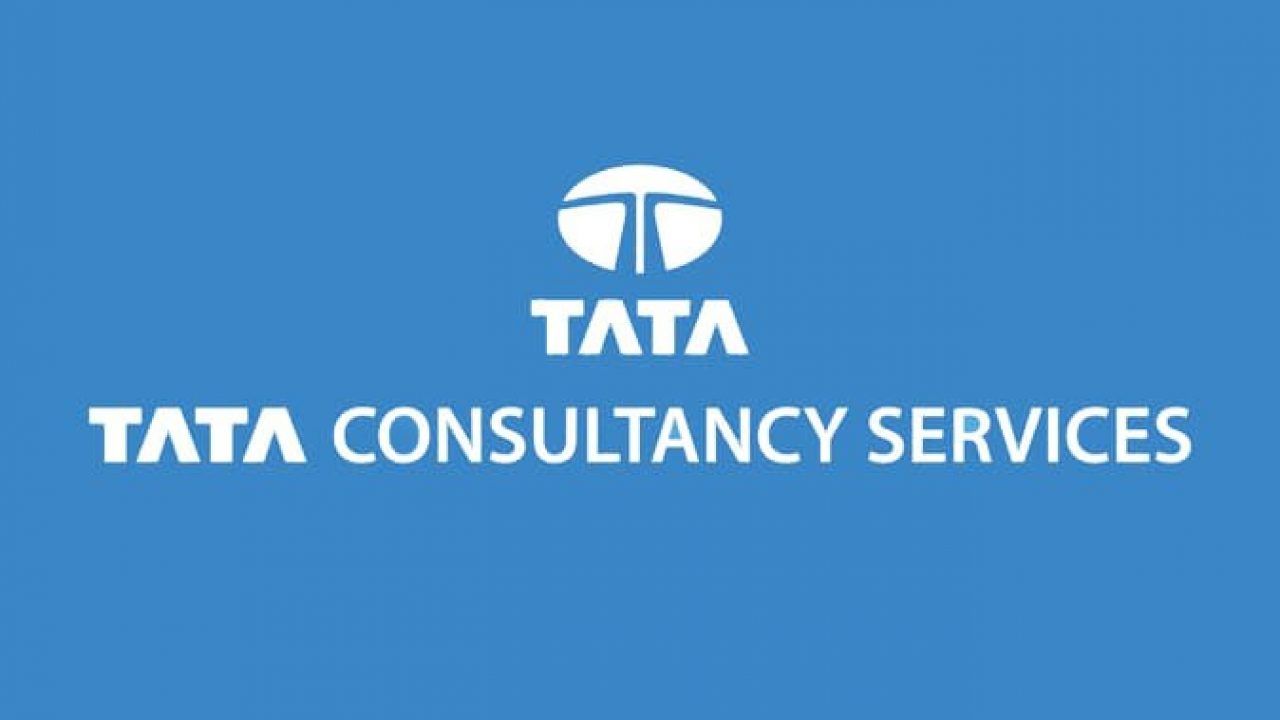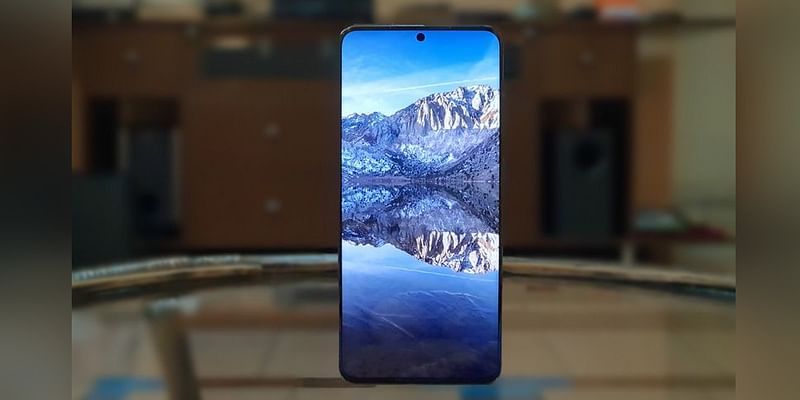With 28 banks and NBFCs on board, how TReDS platform M1xchange financed Rs 3,000 Cr worth MSME invoices in 2 years
1,600 MSMEs and 260 corporates from over 32 cities are registered with the TReDS platform. As many as 28 banks and NBFCs are on board.
Micro, Small and Medium Enterprises (MSMEs) face severe challenges in converting their trade receivables into liquid funds. This means when they sell goods or render their services, they don’t always receive the payments in good time.
To address this issue, the Reserve Bank of India (RBI) had published a paper on ‘Micro, Small & Medium Enterprises (MSME) Factoring-Trade Receivables Exchange’ in March 2014.
Based on response to the paper and subsequent conversations with stakeholders, RBI released guidelines for setting up and operating a system known as Trade Receivables Discounting System (TReDS).
According to RBI, the TReDS would ‘facilitate the discounting of both invoices as well as bills of exchange.’
This meant TReDS would act as a system to facilitate the financing of trade receivables of MSMEs from corporate and other buyers, including government departments and public sector undertakings (PSUs).
And the transactions processed under TReDS would be without recourse to MSMEs, meaning that MSMEs (as sellers) could disclaim responsibility from future non-payment of the trade receivables amount (from buyers).
Following this, the RBI decided to grant licenses to three TReDS platforms: M1xchange, RXIL, and A.TReDS.
Gurugram-based chartered accountant Sundeep Mohindru, Founder, CEO and Director, M1xchange, obtained this in-principle license in November, 2015. It took him and his team a year-and-a-half to launch the M1xchange TReDS Platform, which went live on April 7, 2017.
“Since then, in a relatively short span of two years, M1xchange has facilitated about Rs 3,000 crores of factoring for the MSMEs on its exchange,” Sundeep says.

Sundeep Mohindru, Founder, M1xchange
He adds, “Till now, around 1,600 MSMEs and 260 corporates from over 32 cities are registered with M1xchange. Further, as many as 28 banks and NBFCs are on board.”
And in early 2019, M1xchange raised a Series A round of venture capital from Mayfield India and SIDBI Ventures.
How the M1xchange platform works
In essence, the M1xchange platform links MSMEs with NBFCs and banks who will discount the invoices. It integrates with multiple third party systems including ERP systems of corporations and the financiers’ core banking systems, Sundeep says.
“This platform has been designed with the help of UX experts and in consultation with end users of the application”, he adds
Through this platform, M1xchange promises MSMEs greater access to finance" at competitive rates and without providing any collateral.”
Further, the financing is without recourse to the MSMEs.
Sundeep explains, “MSMEs pass on the risk of receivables to the financiers (NBFCs/banks) by selling their receivables. This financing is without collateral of MSME enterprises.”
M1xchange also features a helpline for MSMEs, named ‘Virtual Mind’, which aids them in Income Tax, GST, and other compliances. It also assists them in HR, finance, technology, and IT needs, the company says.

The M1xchange TReDS platform interface
How MSMEs can join the platform
MSMEs can join the M1xchange platform online. They can auto register online by filling up details of the enterprise and attaching the scanned copies of the required documents.
After this, M1xchange will complete the KYC of the enterprise, sign the Master Service Agreement and register the MSME.
“This is a one-time documentation which enables MSMEs to finance their invoices for multiple clients. They need not complete documentation multiple times for multiple clients or engage with multiple banks,” Sundeep says.
Then, M1xchange shares a ‘welcome kit’ online, along with a login ID and password. The platform also has teams to assist with on-boarding, banking, transactions, and general help.
The entire joining process takes 24 to 48 hours.
Sundeep says, “A very nominal, one-time registration fee is charged to complete the joining process and KYC. A charge is levied for transacting on the platform transaction wise.”
As there is no fixed charge on the platform, MSMEs do not have to bear an ongoing fee.
However, M1xchange’s revenue comes from the transaction fees. “We levy transaction fees to MSME enterprises and banks for enabling the transactions. This fee is variable and is charged on transaction value and tenor,” Sundeep adds.

The invoice details section of M1xchange's platform
How MSMEs can upload their invoices
The process is digital and starts with the MSME (the supplier or seller) logging in to the platform and uploading the invoice and filling in related data. This takes a few seconds, according to Sundeep.
The supplier authoriser checks the details and digitally signs the transaction, and sends it to the buyer to approve the invoice.
“Use of digital signatures for every transaction adds additional security to the system,” Sundeep comments.
And once the buyer approves the invoice, it is made available to the financiers for bidding.
How MSMEs get their invoices discounted
Once the invoice reaches the bidding process, the financiers on the platform submit their bids. The financiers include NBFCs and banks.
Some of these financiers include State Bank of India (SBI), Standard Chartered, YES Bank, ICICI Bank, Bank of Baroda, South Indian Bank, IndusInd Bank, Kotak Mahndra Bank, and Punjab National Bank.
The MSME then accepts the best bid from the banks and NBFCs and signs a deed of assignment.
M1xchange then generates a settlement file.
Finally, the MSME receives the payment in T+1 days (one business day after the transaction).
“This does not reflect as a borrowing in the books of MSMEs. Therefore, their current working capital limits are not reduced by this process. We call it ‘off balance sheet finance’,” Sundeep says.
For banks and NBFCs, there is a standard onboarding process. This includes an agreement execution, KYC verification of financiers and their users and setting up of debit mandates.
“M1xchange is getting overwhelming responses from the corporate sector. Recently, corporations such as NTPC, Punjab National Bank, and Union Bank of India joined M1xchange as their TReDS partner,” Sundeep says.
Business focus
According to a testimonial from Vectus Industries CFO Chandra Shekhar Singh, "M1xchange provides an ease of operation with minimum documentation and a quick receipt of funds."
The Bengaluru-based pipe and water storage solution company had positive things to say about the platform which helped in "easing its working capital requirement and at very competitive rates."
Further, electrical cable and wire manufacturer Kei Industries said in a testimonial that M1xchange has simplified its platform and that "best of all, has integrated all the stakeholders, buyers, sellers and the banks."
For M1xchange, this success has come on the back of challenging product design and execution. M1xchange found it tricky to create a TReDS system which catered to a varied user base.
”We needed to do careful designing and ensure information accessibility so that every participant can use it with ease, while still catering to the needs of advanced users,” Sundeep says.
Further, M1xchange had to ensure all financial calculations were accurate and validated. It did this by enabling an automatic validation feature as well as a manual review system.
Sundeep adds, “For running a nationwide platform like M1xchange with high visibility, it was important but challenging to meet all regulatory compliances. On a more recurring level, we have to ensure that the participants being on-boarded are genuine and that the transactions being executed on the platform are genuine.”
With M1xchange’s platform offering a host of advantages for MSMEs, it is currently seeing a large increase in the number of participants joining each month. “It is important to on-board all these participants in a timely manner, and at the same time, ensure that all documentation is in order,” he says.
M1xchange is taking this increased demand in its stride and is gunning for higher business volumes. Currently, it facilitates around Rs 400 crore per month, but Sundeep is aiming for Rs 1,000 crore per month. And he wants to make it happen by 2019-2020.
ALSO READ:
Invoicemart offers quick working capital to MSMEs boosting their financial growth










